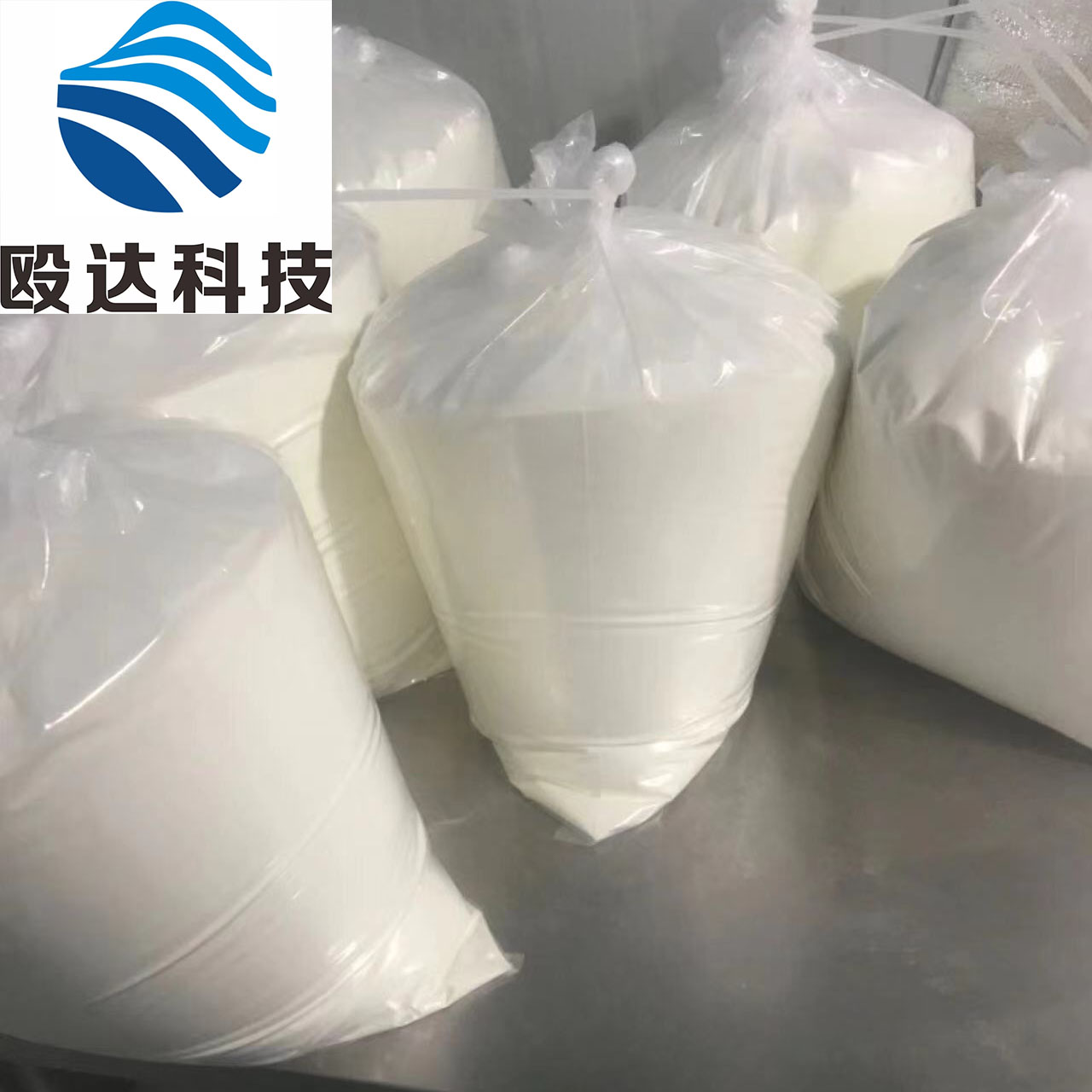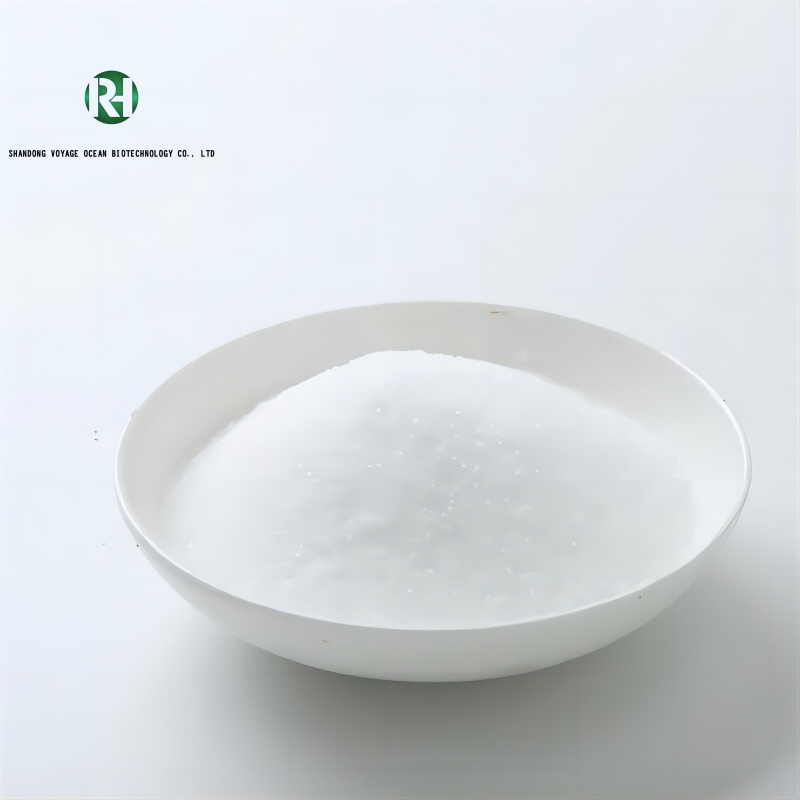Researchers have found a possible way to fight melanoma resistance
-
Last Update: 2019-06-27
-
Source: Internet
-
Author: User
Search more information of high quality chemicals, good prices and reliable suppliers, visit
www.echemi.com
Recently, researchers from Oregon State University and Oregon Health (http://www.chemdrug.com/article/7/) and University of science have found a possible way to fight melanoma resistance, published in the journal molecular carcinogenesis Arup, a professor at the OSU School of pharmacy and an OHSU Knight cancer research fellow and a researcher at the Linus Bolin Research Institute in Oregon, points out that melanoma is the fifth most common cancer in the country, and the incidence rate is rising Melanoma is one of the most aggressive cancers It can cause death by metastasis or spread to other organs such as liver, lung and brain Indra's team and collaborators are in the dermatology department of Oregon and OHSU looking for ways to combat the frequent and rapid development of drug resistance in metastatic melanoma cells The researchers guided their efforts to the metabolism of melanoma, the chemical process by which cells survive The metabolism of cancer cells is different from that of normal cells In the high-throughput screening laboratory of OSU, scientists tested nearly 9000 compounds on the melanoma cell line resistant to vemurafenib to determine whether there are drugs (http://www.chemdrug.com/) that can prevent cell proliferation or induce cell death, some of which have been approved by FDA (http://www.chemdrug.com/article/11/) They found that two compounds with similar structures, deguelin and rotenone, are naturally produced pesticides in many plant species that interfere with the metabolism of cancer cells Further tests on deguelin showed that it inhibited the oxygen consumption of mitochondria and effectively made cells lack energy
This article is an English version of an article which is originally in the Chinese language on echemi.com and is provided for information purposes only.
This website makes no representation or warranty of any kind, either expressed or implied, as to the accuracy, completeness ownership or reliability of
the article or any translations thereof. If you have any concerns or complaints relating to the article, please send an email, providing a detailed
description of the concern or complaint, to
service@echemi.com. A staff member will contact you within 5 working days. Once verified, infringing content
will be removed immediately.







